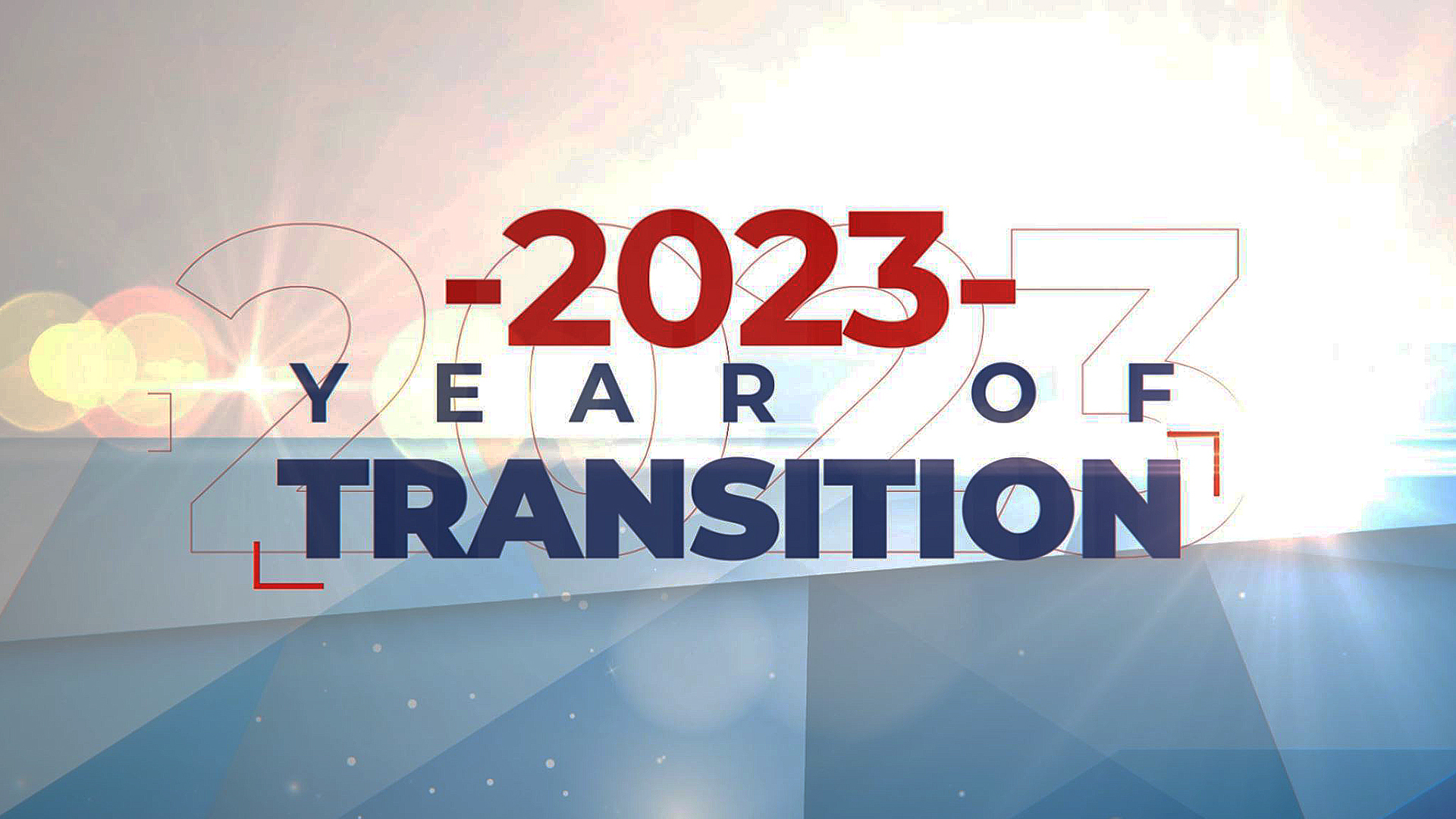The United Nations Industrial Development Organization (UNIDO) has announced plans 
The agreement is the outcome of a series of negotiations between the government and UNIDO.
Country Director of the organization, Mr. Patrick Kormawa said that its major focus will be in the area of small and medium scale enterprises (SMEs).
“We need to focus not only on the traditional skills in the trade and craft skills, but innovative vocational skills essential to significantly contribute to job creation and wealth creation for the economic and social well being of all Nigerians,” Kormawa stated.
He noted that UNIDO is collaborating with the Industrial Training Fund (ITF) and other agencies, charged with the mandate of providing support for the growth of small businesses in the country.
“The need for industrial skills development has become greater than before, if Nigeria is to increase the contribution of the industrial sector to the GDP from four per cent to 10 per cent in the next four years.”
“We need investment in industrial infrastructure and people to attain the needed skills and innovation for this to happen. It is projected that Nigeria needs to provide 25 million new jobs in the next decade. Such jobs will come largely from the SMEs” he said.
Mr Kormawa also said achieving the present administrations transformation agenda solely depends on the development of the skills of its people.
On his part, the Director General of the ITF, Prof. Longmas Wapmuk says its major beneficiaries will be the youths.
The DG, while commending UNIDO for the initiative, said the MoU would help to strengthen its link with industries through assessment of skills gap and training needs.
Details of the MoU includes standardisation and certification of training programmes and activities, and putting in place a national framework to promote youth employment through skills acquisition.
On funding arrangement for the programme, Prof Wapmuk said the partnership would enable both institutions to mobilise funds through links to other agencies and partners.




